The Ministry of Education and Training has just announced the analysis of the Ministry's Department of Quality Management on the results of the 2022 PISA survey of Vietnamese students.
Accordingly, on December 5, 2023, the Organization for Economic Cooperation and Development (OECD) announced the results of the 2022 PISA Vietnam survey. These results were publicly announced by the OECD from a survey on math, reading or science of 6,068 students in 178 schools, representing approximately 939,500 15-year-old students in Vietnam.
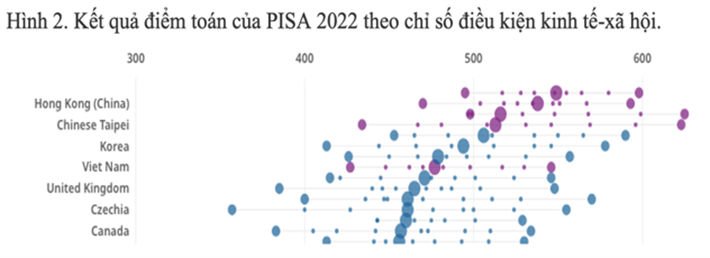
The PISA index of socio-economic conditions is calculated so that all students taking the test, regardless of which country they live in, can be placed on the same socio-economic scale.
MINISTRY OF EDUCATION AND TRAINING PHOTOGRAPHS DOCUMENTS
Vietnam has the highest math score according to the index of socio-economic conditions.
The Ministry of Education and Training said that Vietnamese students have math scores in the highest group according to the index of socio-economic conditions.
Specifically, the average score of 3 subjects of Vietnamese students ranked 34/81 countries, 2nd in ASEAN region after Singapore. The order of ASEAN countries is as follows: Singapore: 1/81; Brunei: 42/81; Malaysia: 47/81; Thailand: 63/81; Indonesia: 69/81; Philippines: 77/81; Cambodia: 81/81.
For Math: Vietnam ranked 31/81 countries (the order of ASEAN countries is as follows: Singapore: 1/81; Brunei: 40/81, Malaysia: 40/81; Thailand: 58/81; Indonesia: 69/81; Philippines: 75/81; Cambodia: 81/81). Science : Vietnam ranked 35/81 countries. Reading: Vietnamese students ranked 34/81 countries.
Vietnamese students have the highest math scores, just behind Hong Kong, Taiwan, and South Korea, when calculated according to the PISA index of socio-economic conditions.
The PISA index of socio-economic and cultural status is calculated so that all students who take the PISA test, regardless of their country of origin, can be placed on the same socio-economic scale. This means that the index can be used to compare the learning outcomes of students from similar socio-economic backgrounds in different countries.
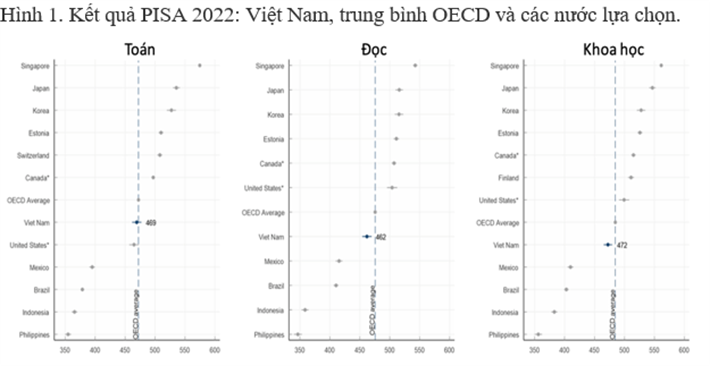
Comparison countries include the six highest performing countries in each subject and the five countries with the largest numbers of 15-year-olds.
MINISTRY OF EDUCATION AND TRAINING PHOTOGRAPHS DOCUMENTS
Vietnam's spending per student is about 13,800 USD.
The Ministry of Education and Training said: "The overall results show that higher spending on education is associated with higher results in PISA math. However, Vietnam is a typical example of students achieving high learning results when investment in education is still modest."
Vietnam's spending per student from 6 to 15 years old is only about 13,800 USD while OECD countries/economies spend 75,000 USD, but the average math score of Vietnamese students is 438 points - one of the highest for students with similar socio-economic backgrounds.
About 13% of disadvantaged students in Vietnam achieve high scores in math (OECD average: 10%).
When taking the PISA 2022 test, 94% of 15-year-old students in Vietnam were enrolled in Grade 10. 97% of students reported having attended preschool for one year or more (OECD average: 94%).
On average across OECD countries, students who attended preschool for one year or more scored higher in mathematics at age 15 than students who had never attended or had attended less than one year, even after accounting for socioeconomic indicators.
The PISA 2022 survey focuses on mathematics in addition to reading and science. Creative thinking is a new assessment area and Vietnamese students were not assessed in this content. As a result, Vietnamese students scored close to the OECD average in mathematics, reading and science.
According to the OECD, in Vietnam, 72% of students achieve at least Level 2 in math (OECD average: 69%). About 5% of students in Vietnam are top performers in math, meaning they achieve Level 5 or 6 in the PISA math test (OECD average: 9%).
About 77% of students in Vietnam achieve reading level 2 or higher (OECD average: 74%). 1% of students achieve high achievement, scoring 5 or higher in reading (OECD average: 7%).
About 79% of students in Vietnam achieve level 2 or above in science (OECD average: 76%); 2% of students achieve high levels in science, meaning they are proficient at level 5 or 6 (OECD average: 7%).
The Ministry of Education and Training believes that, from the survey results published by OECD above, by comparing the results internationally, policymakers and educators in Vietnam can learn from the policies and practices of other countries.
The gap between the highest and lowest results is equal to 2.5 years of study?
However, the analysis just published by the Ministry of Education and Training did not mention the fact that since Vietnam participated in the PISA rankings in 2012, this ranking result is the lowest, downgraded in all areas.
Previously, when initially commenting on the PISA 2022 results, Professor Le Anh Vinh, Director of the Vietnam Institute of Educational Sciences, said that if we analyze the score groups, we will see that in the 25% highest and 25% lowest result groups of Vietnam, the score gap is about 78 points.
This score, according to Professor Anh Vinh, is equivalent to about 2.5 years of study. Notably, this gap is higher than the gap in the first year we participated in PISA (that year the gap was more than 60 points), but still low compared to the OECD average of more than 90 points (a gap of about 3 years of study).
Professor Vinh emphasized: "This gap in scores is a huge gap between students with the best learning conditions and those with the most difficulties. The difference between the children can be about 3 years of schooling and we certainly have to do a lot to narrow this gap."
The Programme for International Student Assessment (PISA) measures the knowledge and skills of 15-year-old students in mathematics, reading, and science. PISA tests explore how well students can solve complex problems, think critically, and communicate effectively.
The Ministry of Education and Training said that since Vietnam first participated in PISA in 2012, it has achieved many important results, compared internationally and regionally, and provided national educational analysis data.
This PISA test was originally scheduled to be conducted in 2021 but was delayed by a year due to the Covid-19 pandemic. Exceptional circumstances during this time, including school closures in many countries, made it difficult to collect some data.
Source link


![[Photo] Students of Binh Minh Primary School enjoy the full moon festival, receiving the joys of childhood](https://vphoto.vietnam.vn/thumb/1200x675/vietnam/resource/IMAGE/2025/10/3/8cf8abef22fe4471be400a818912cb85)



![[Photo] Prime Minister Pham Minh Chinh chairs meeting to deploy overcoming consequences of storm No. 10](https://vphoto.vietnam.vn/thumb/1200x675/vietnam/resource/IMAGE/2025/10/3/544f420dcc844463898fcbef46247d16)

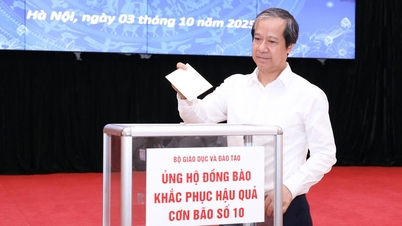





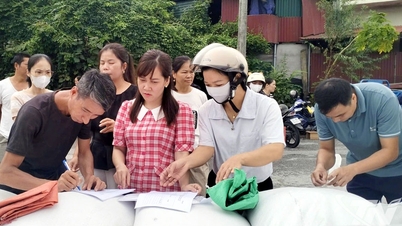



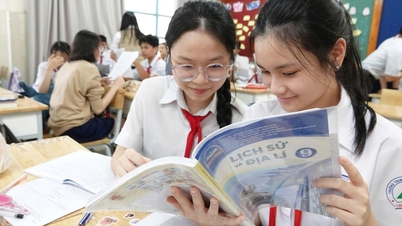
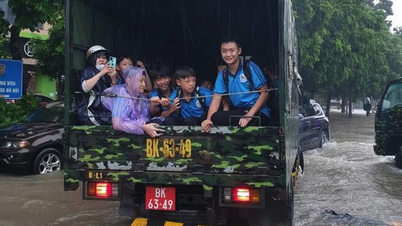

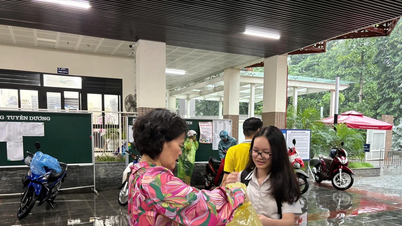




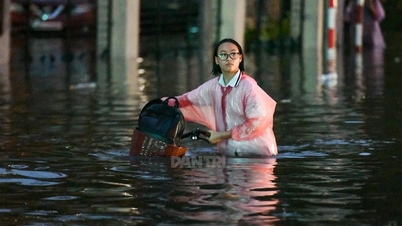

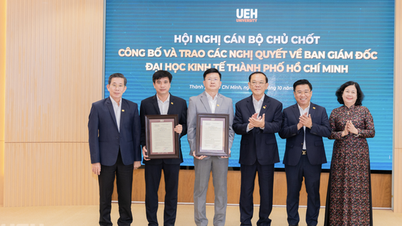




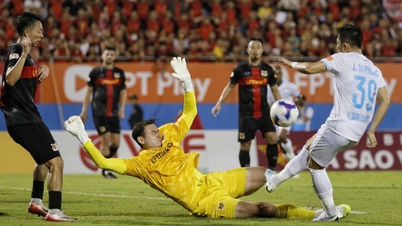

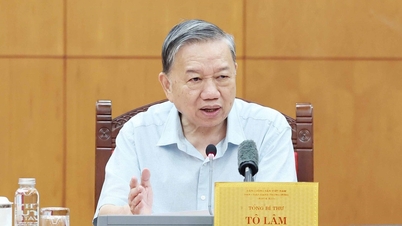




















































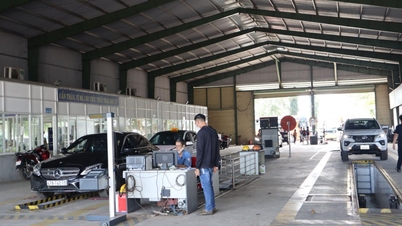


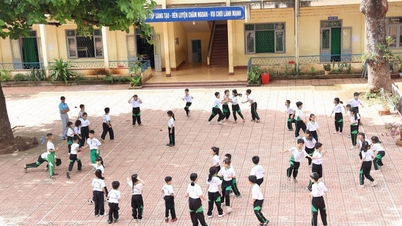













Comment (0)